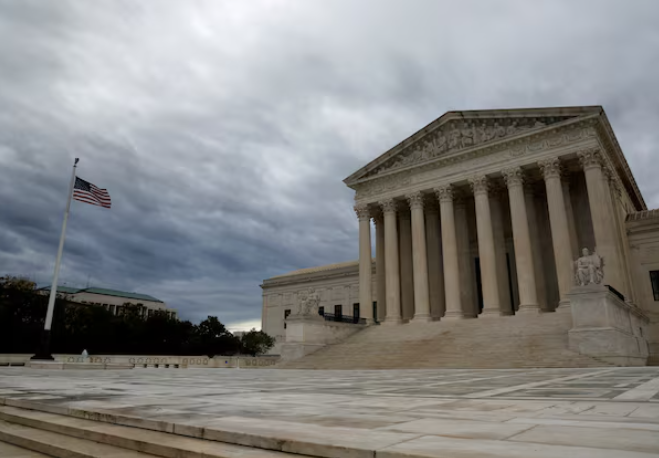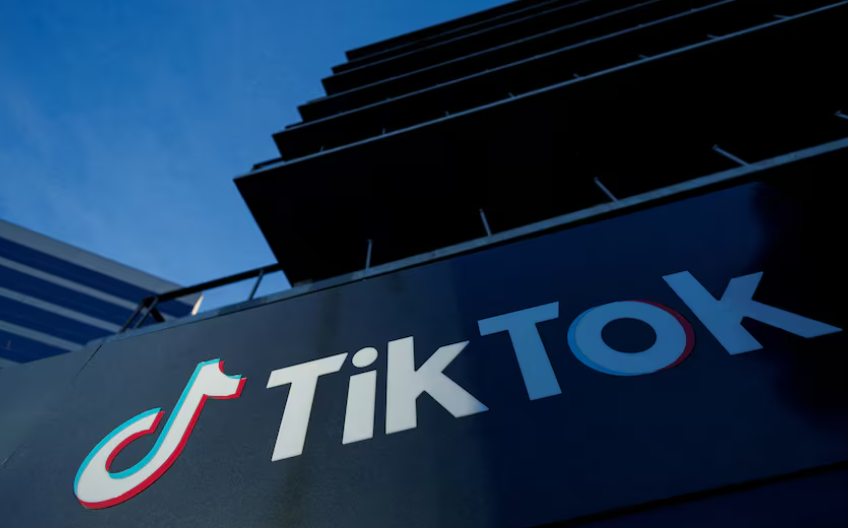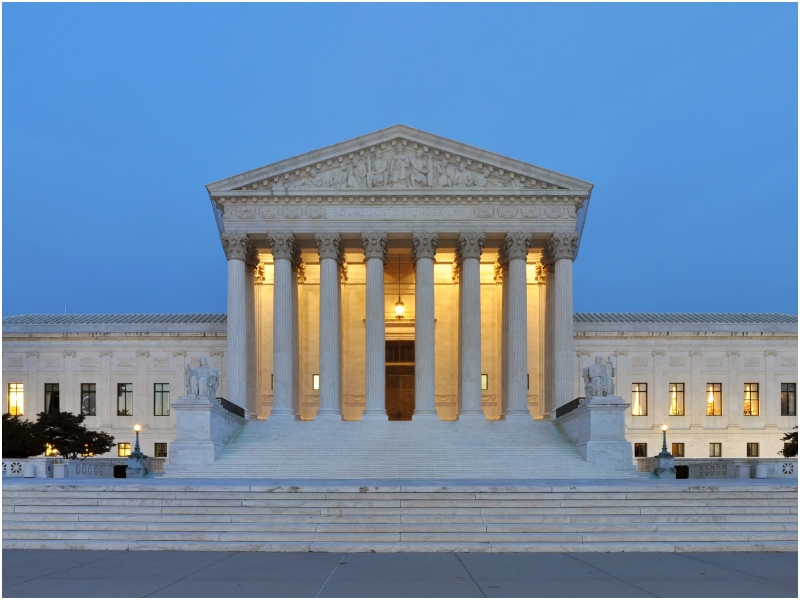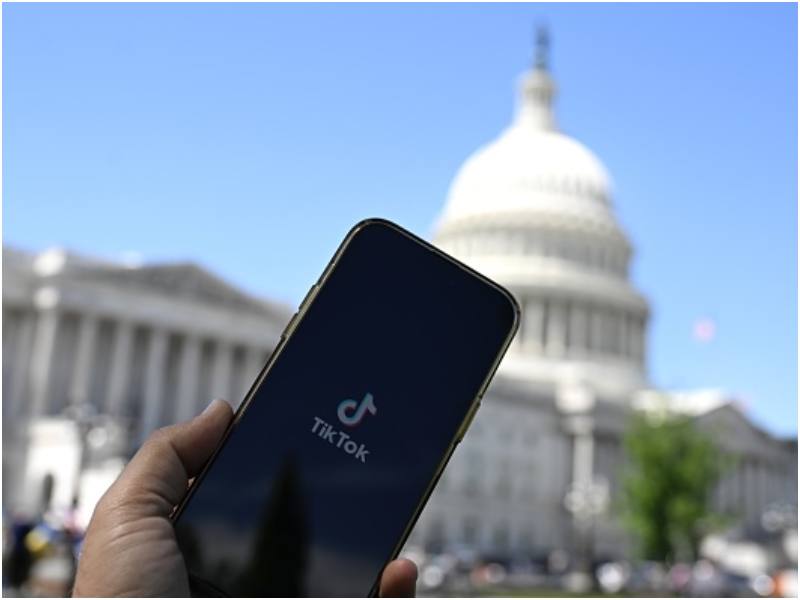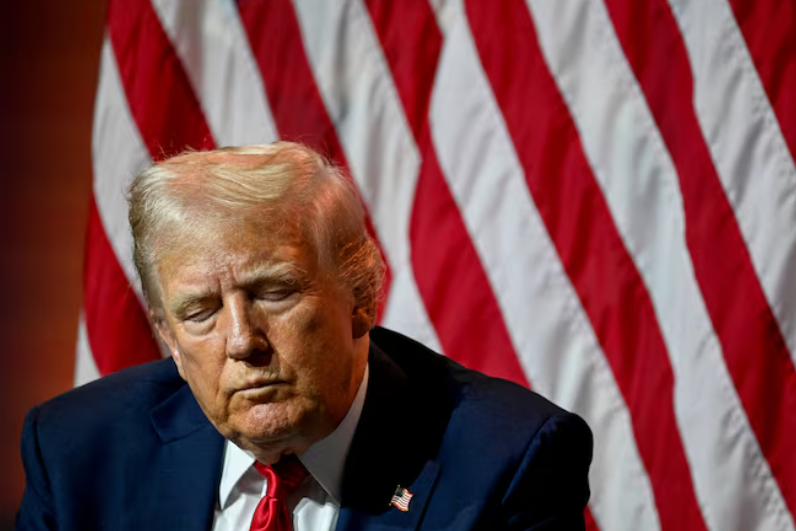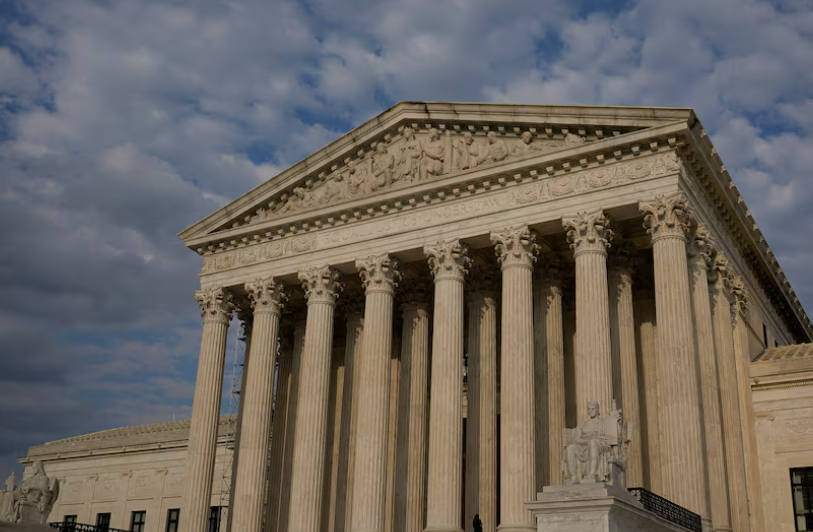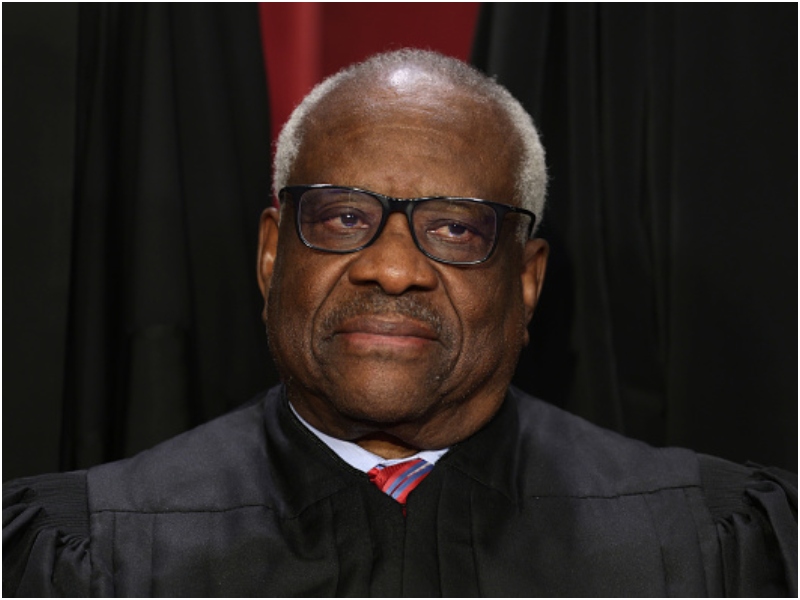Supreme Court
-
On Wednesday, the U.S. Supreme Court ruled unanimously that employers need only prove by a “preponderance of the evidence” that workers are exempt from overtime pay and other protections under the Fair Labor Standards Act (FLSA). The decision, authored by Justice Brett Kavanaugh, overturns a higher standard set by the 4th U.S. Circuit Court of…
-
Court Sidesteps Appeals on Delaware and Maryland Gun Laws The U.S. Supreme Court declined on Monday to hear two significant gun rights cases, avoiding direct involvement in the ongoing debate over firearm regulations. The justices rejected an appeal challenging Delaware’s prohibition on assault-style rifles and large-capacity ammunition magazines, as well as an appeal against Maryland’s…
-
The lawyer for TikTok and its parent company ByteDance warned the Supreme Court that if Congress forces the sale or ban of TikTok, it could set a precedent that allows similar actions against other companies. During Friday’s arguments, the court examined a law requiring ByteDance to sell TikTok by January 19 or face a ban…
-
Background on the Borrower Defense Rule The Supreme Court has agreed to review a decision from a lower court that blocked a Biden administration rule aimed at simplifying loan forgiveness for students defrauded by their colleges. Since April, the Biden administration has forgiven over $17 billion in student loans under the borrower defense rule, which…
-
On Friday, the U.S. Supreme Court agreed to examine the legality of a crucial component of the Affordable Care Act (ACA), which empowers a task force established under the landmark healthcare law, commonly known as Obamacare, to mandate that insurers cover preventive medical services at no cost to patients. This decision marks another pivotal moment…
-
On Friday, the Supreme Court appeared inclined to uphold a law that mandates the sale or ban of TikTok in the United States by January 19. The justices delved into national security concerns over China, the driving force behind the crackdown, during about 2.5 hours of arguments. National Security Fears Dominate Discussions Chief Justice John…
-
On Thursday, the U.S. Supreme Court paved the way for President-elect Donald Trump to be sentenced in a criminal case involving hush money payments to a porn star. The 5-4 decision saw two conservative justices, Chief Justice John Roberts and Justice Amy Coney Barrett, join the three liberal justices—Sonia Sotomayor, Elena Kagan, and Ketanji Brown…
-
The U.S. Supreme Court is set to decide several significant labor and employment cases this year, with potential ripple effects on workplace discrimination, wage laws, and employee benefits. These cases touch on critical issues like bias claims from majority groups, retirees’ rights, wage law exemptions, and standards for employee benefit plan disputes. Majority Bias Claims:…
-
On Thursday, the U.S. Judicial Conference, the federal judiciary’s top policymaking body, rejected requests from Democratic lawmakers to refer conservative Supreme Court Justice Clarence Thomas to the Department of Justice. The lawmakers had urged an investigation into claims that Thomas failed to disclose gifts and luxury travel provided by Texas billionaire Harlan Crow. Thomas Amends…
-
The U.S. Supreme Court will address critical labor and employment issues this year, with its rulings set to influence workplace discrimination, wage laws, and employee benefits. Here’s a breakdown of the key cases on the docket. Discrimination Claims by Majority Groups In February, the Supreme Court will decide whether it should be harder for workers…

